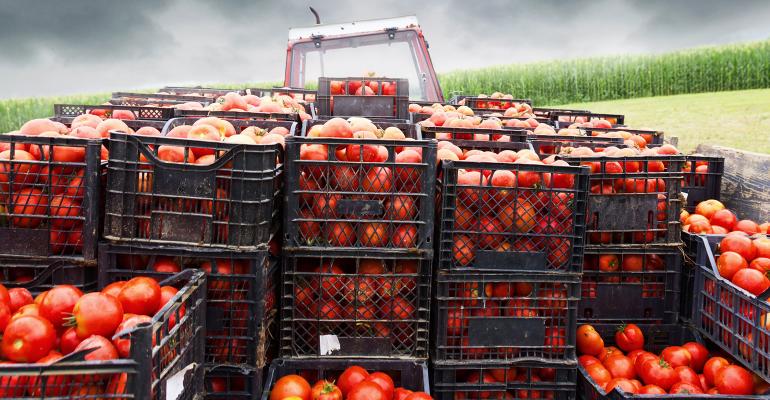 This is part of Supermarket News’ 2017 Disruptors package. See the entire lineup here.
This is part of Supermarket News’ 2017 Disruptors package. See the entire lineup here.
The food retail sector continues to experience a fast-paced evolution, not just in the variety of channels and products, but also in the purchasing patterns of today’s supermarket shoppers. Consumers no longer view store visits as routine occasions for stocking up on groceries. Rather, they increasingly view supermarkets as sources of product knowledge and learning, as well as dependable purveyors of fresh and safe food.
Transparency is a primary driver of purchases for many shoppers, who are interested in how the food they purchase and consume was sourced and produced. This trend has sparked an increase in clean labeling as well as in-store and online messaging, both from retailers and manufacturers. It has also propelled other technologies to the forefront of consumer and business information.
Case in point, blockchain technology. Still in its infancy stage, this new technology is designed to provide real-time, public information and updates on food products as they travel through the supply chain from producer to store. It accomplishes this through an ever-growing record of transaction “blocks,” which are instantly accessible by the retailer. Blockchain technology can potentially eliminate the need for paper records and manual inspection processes. It also provides greater accuracy and accountability, as it prevents a supply chain’s transaction record from being altered or tampered with.
As it pertains to the retail food industry, blockchain technology can:
• Provide greater assurance to shoppers that the food supermarkets sell is fresh and safe to eat. Given the anytime-anywhere access to products in the food supply chain, retailers and manufacturers can track down the source of foodborne illness in a matter of seconds, as opposed to days or weeks;
• Help retailers and manufacturers tell the story of food. In turn, this grows transparency. Whether it’s a tale of farm to table or a new or natural manner in which the food was produced, blockchain technology can help supermarkets become a source of knowledge and education. The journey of the supply chain can be told through messaging, product labeling and marketing; and
• Minimize food waste. Another consumption trend becoming increasingly important to consumers, the amount of food waste can be reduced through blockchain technology by enabling retailers to manage the shelf life of fresh perishables. One way they could achieve this is by scheduling shipments of limited shelf-life products to stores located closer to the producer.
True to their name, disruptors can impact the playing field and landscape in all sectors of our economy. This includes the food industry, and innovations like blockchain technology can assist supermarkets and food manufacturers alike in engaging and teaching consumers.
Eric Richard is education coordinator of the International Dairy Deli Bakery Association (IDDBA).





